
Death, the ultimate mystery, has captivated human imagination for centuries. From ancient folklore to modern blockbusters, myths about death in popular culture are rife, often blurring the lines between fact and fiction. These misconceptions, though entertaining, can warp our understanding of mortality and the afterlife. Join us on a journey as we debunk 12 of the most prevalent myths about death in popular culture, shedding light on the truth behind these enduring tales.
1. Heaven and Hell: A Black and White Afterlife?

Popular culture often paints the afterlife as a binary choice between heaven and hell, where virtuous souls ascend to paradise while sinners descend to eternal torment. This simplistic portrayal, however, overlooks the rich tapestry of beliefs found across different cultures and religions.
Many traditions offer more nuanced interpretations of the afterlife, encompassing realms of reincarnation, ancestral planes, and even a void of nothingness. Some believe in a cycle of rebirth, while others envision a state of blissful union with the divine. These diverse perspectives challenge the notion of a one-size-fits-all afterlife, highlighting the complexity of human beliefs about what lies beyond death.
2. Ghosts: Restless Spirits or Figments of Imagination?
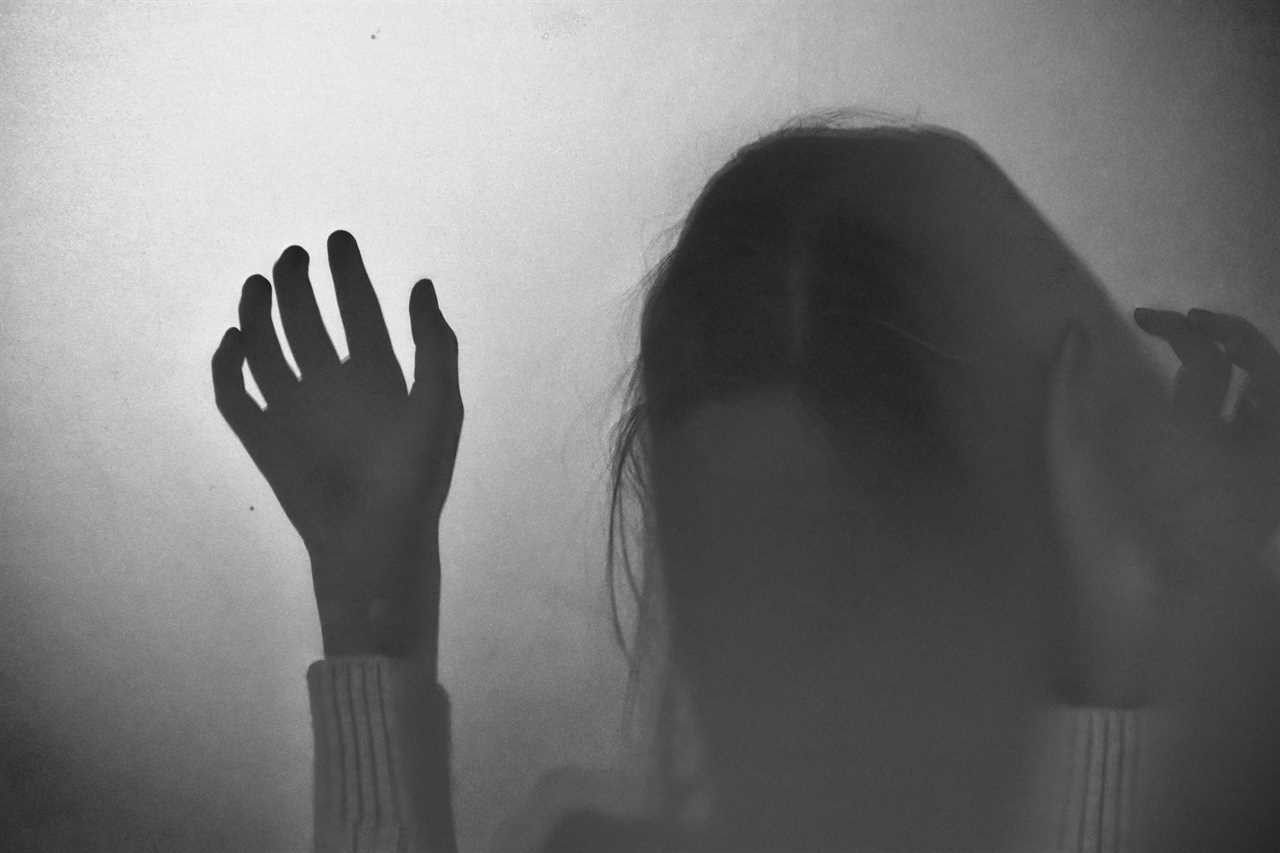
Ghosts and spirits in pop culture are often portrayed as tormented souls trapped between worlds, seeking vengeance or resolution for past grievances. These spectral figures haunt our stories, movies, and television shows, fueling our fascination with the supernatural. While belief in ghosts is widespread, scientific evidence supporting their existence remains elusive.
Many common misconceptions about dying involve the idea of ghosts lingering to fulfill unfinished business or communicate with the living. However, these beliefs often stem from a combination of folklore, cultural traditions, and psychological phenomena. While the existence of ghosts remains a topic of debate, it’s important to approach these claims with a critical eye and consider alternative explanations.
3. The Grim Reaper: Harbinger of Doom or Symbolic Figure?
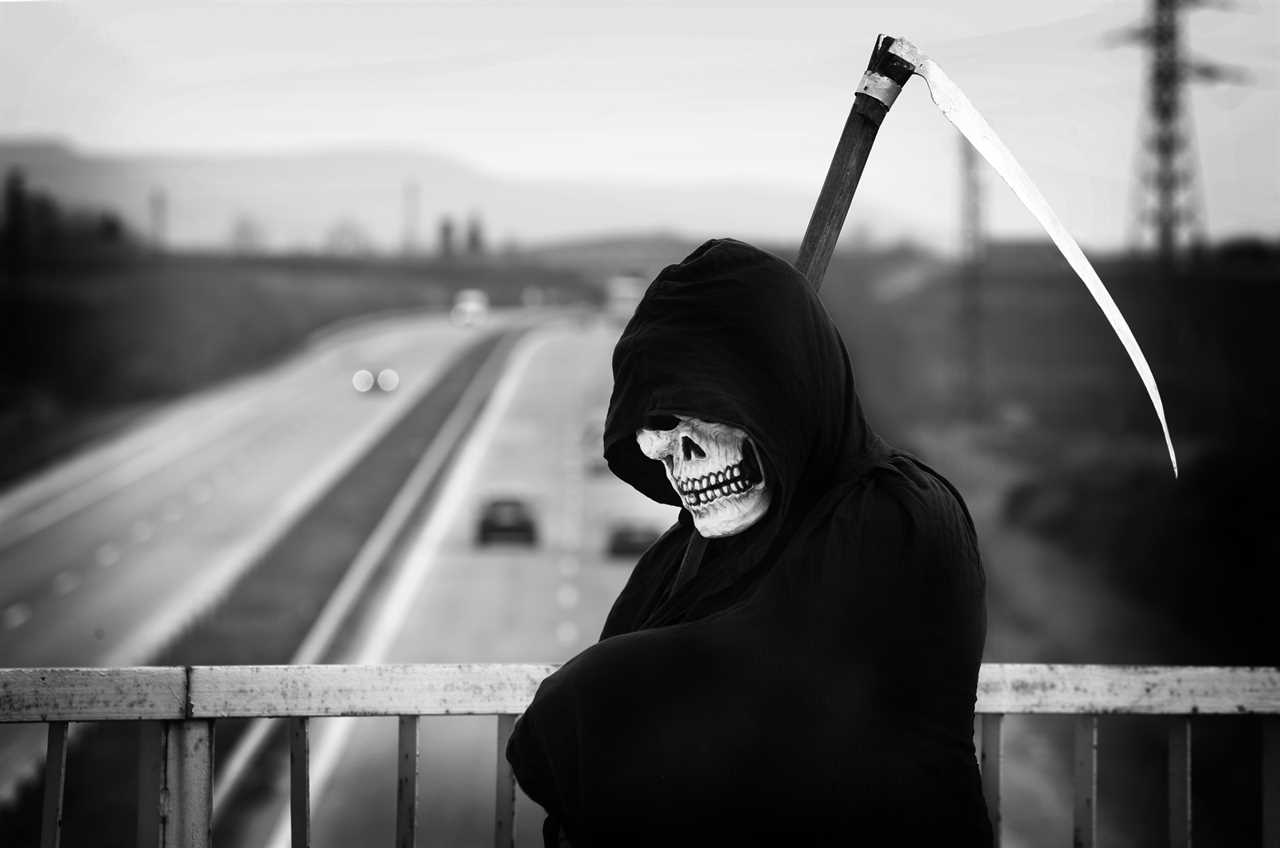
The Grim Reaper, a skeletal figure cloaked in black, is a staple of death in movies and TV. His chilling image, often accompanied by a scythe, has become synonymous with mortality and the inevitability of death. However, this iconic representation is a relatively recent invention, emerging in the late Middle Ages.
Death in folklore is often personified in various forms, from gentle guides to fearsome deities. In some cultures, death is seen as a natural part of the life cycle, while in others, it’s viewed as a malevolent force. The Grim Reaper, while a powerful symbol, is just one interpretation of death’s many faces.
4. Near-Death Experiences: Glimpses of the Beyond or Neurological Phenomena?
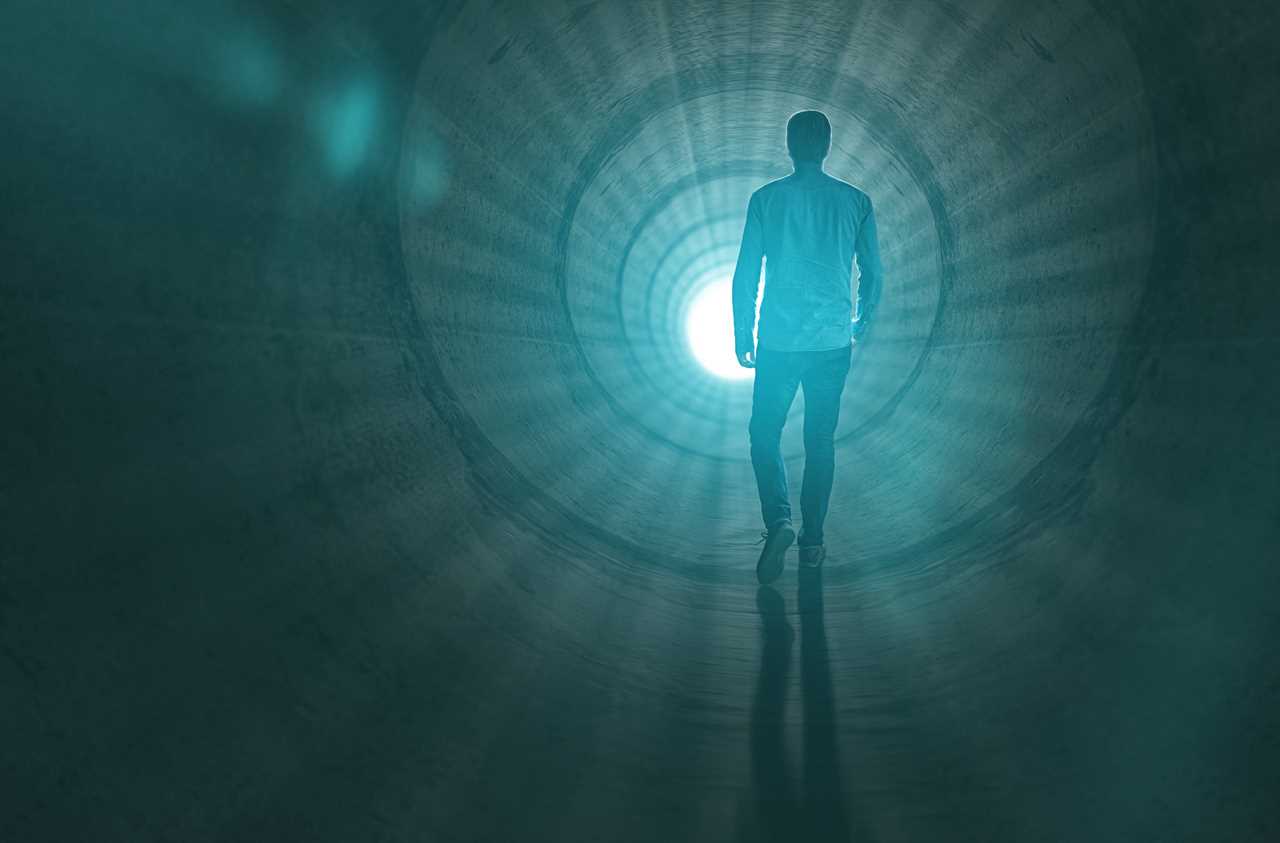
Accounts of near-death experiences (NDEs) often feature bright lights, tunnels, and encounters with deceased loved ones. These experiences, while profound, can be explained by neurological processes triggered during trauma. Reduced blood flow to the brain, oxygen deprivation, and the release of neurotransmitters can all contribute to the vivid hallucinations and out-of-body sensations associated with NDEs.
While NDEs raise intriguing questions about consciousness and the nature of reality, they don’t necessarily provide concrete evidence of an afterlife. Scientific research continues to explore the neurological basis of these experiences, shedding light on the complex interplay between the brain, mind, and the mysteries of death.
5. Death as a Finality: The End or a New Beginning?

Popular culture often equates death with finality, the end of existence. Characters in movies and books often face death as a tragic conclusion, a loss of all that they hold dear. However, many cultural beliefs about death view it as a transition, a passage to another realm, or a continuation of the soul’s journey.
Death rituals in pop culture, such as funerals and wakes, reflect these diverse beliefs, offering comfort and closure to the bereaved. They provide a space for mourning, celebration of life, and the exploration of spiritual beliefs. Whether seen as an ending or a new beginning, death remains a profound and universal human experience.
6. Reincarnation: A Second Chance or a Never-Ending Cycle?

The concept of reincarnation, the rebirth of the soul in a new body, is prevalent in various spiritual traditions. In popular culture, reincarnation often serves as a plot device for romantic comedies or thrillers, offering characters a chance at redemption or a continuation of their love story.
While intriguing, the evidence for reincarnation remains largely anecdotal and open to interpretation. Some individuals claim to have memories of past lives, while others believe in the transmigration of souls through different species. Whether viewed as a second chance or a never-ending cycle, reincarnation continues to fascinate and spark debate among believers and skeptics alike.
7. Death as Punishment: Karmic Retribution or a Natural Process?
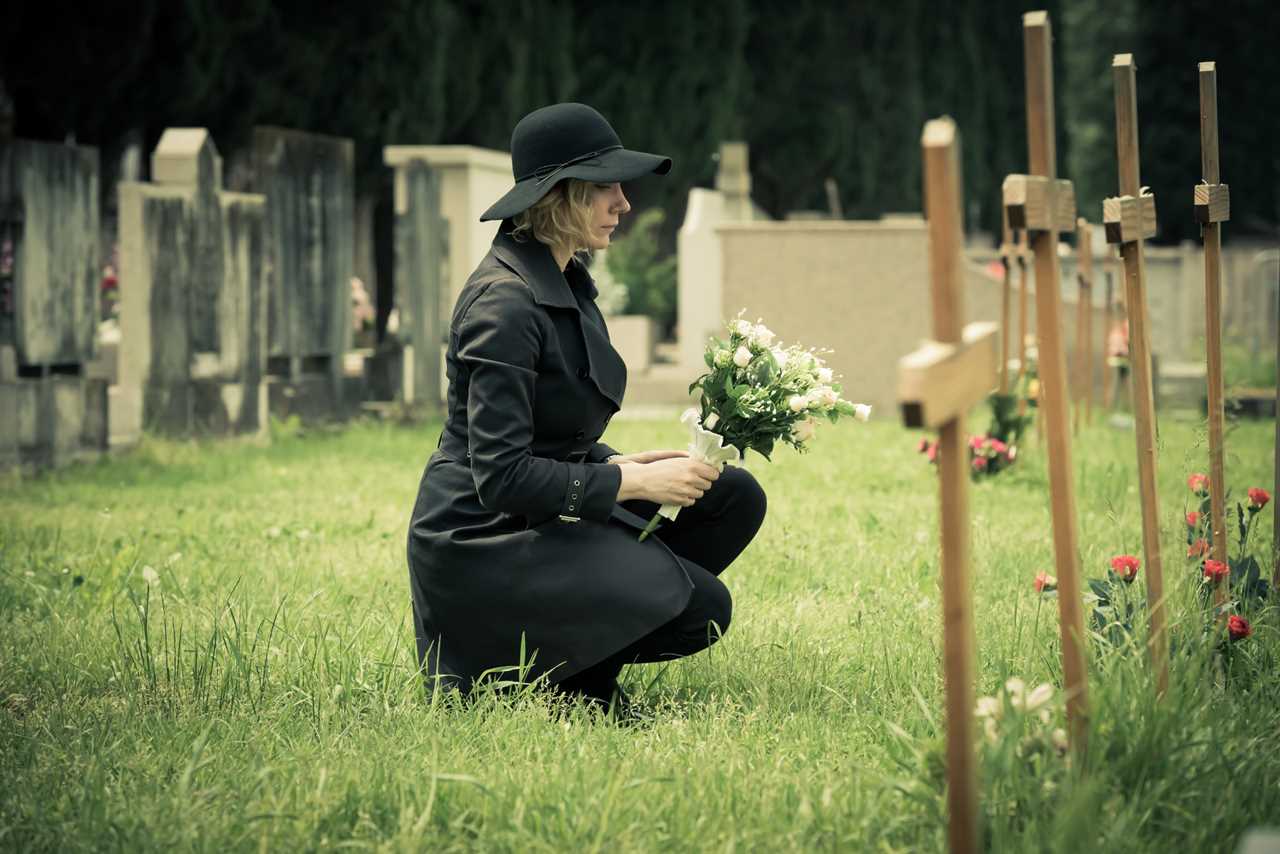
In some death and religion in pop culture narratives, death is portrayed as a form of punishment for sins committed in life. Characters in these stories often meet their demise as a consequence of their actions, reinforcing the idea of karma and divine justice. However, most spiritual traditions view death as a natural part of the life cycle, a universal experience shared by all living beings.
The idea of death as punishment can be harmful, leading to guilt, shame, and a fear of mortality. By understanding death as a natural process, we can approach it with greater acceptance and compassion, both for ourselves and for others.
8. Immortality: A Dream or a Curse?

The quest for immortality has fascinated humanity throughout history. In popular culture, immortality is often depicted as a desirable goal, a way to escape the limitations of human existence and experience all that life has to offer. Characters in stories and movies often seek the elixir of life, the philosopher’s stone, or other magical means to achieve eternal youth.
However, the realities of immortality, as explored in various myths about death in popular culture, often reveal its darker side. In stories like “The Picture of Dorian Gray,” immortal characters grapple with the isolation, boredom, and loss of loved ones that come with eternal life. These narratives challenge us to consider the true cost of immortality and question whether it is truly a blessing or a curse.
9. Zombies: Reanimated Corpses or Social Commentary?
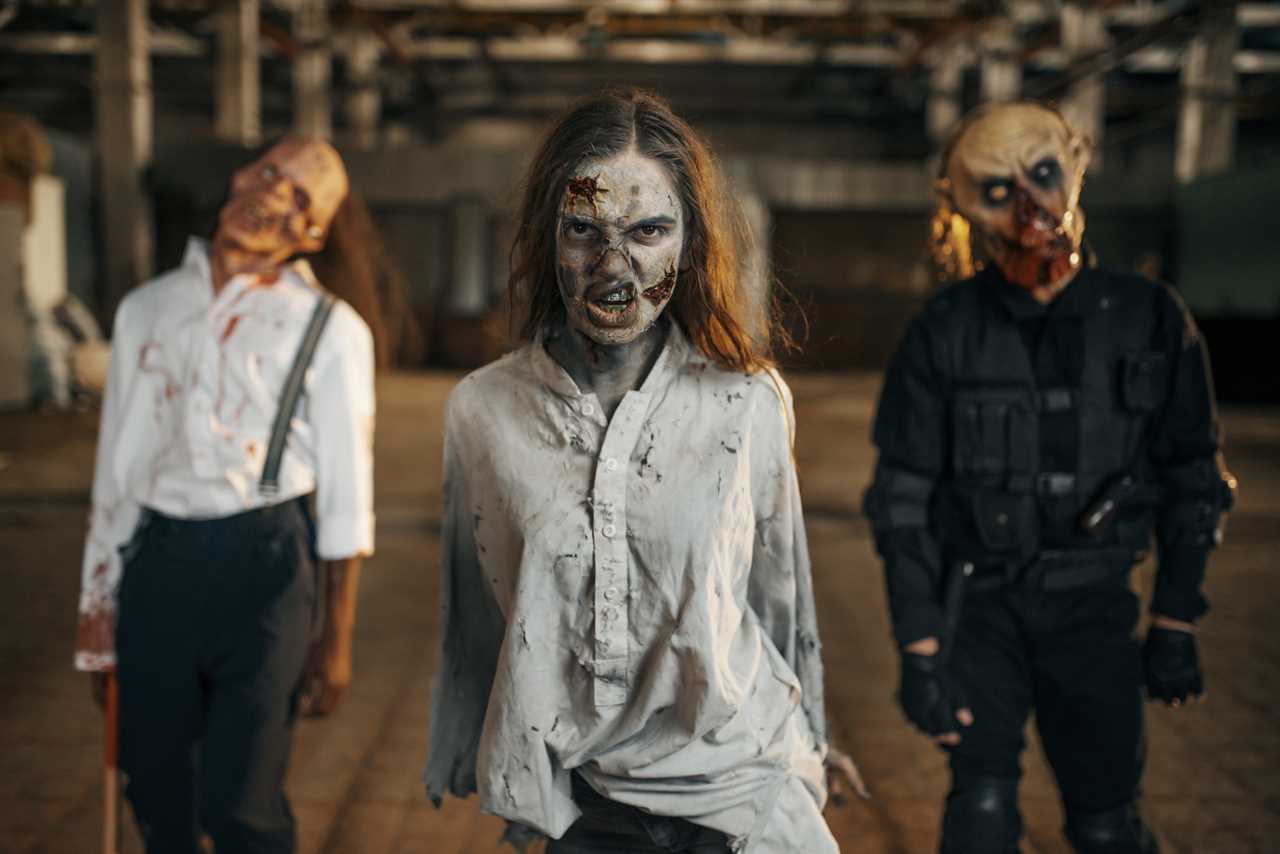
Zombies, reanimated corpses driven by insatiable hunger, have become a staple of horror movies and TV shows. These shambling figures, with their rotting flesh and insatiable appetite for brains, terrify and fascinate audiences around the world. While scientifically implausible, zombies serve as a powerful metaphor for societal fears, such as pandemics, consumerism, and the loss of individuality.
Zombie stories often explore themes of survival, community, and the breakdown of social order. They tap into our primal fears of infection, death, and the unknown. While entertaining, these narratives can also be seen as a reflection of our anxieties about the future and the fragility of human civilization.
10. Vampires: Seductive Predators or Symbolic Figures?
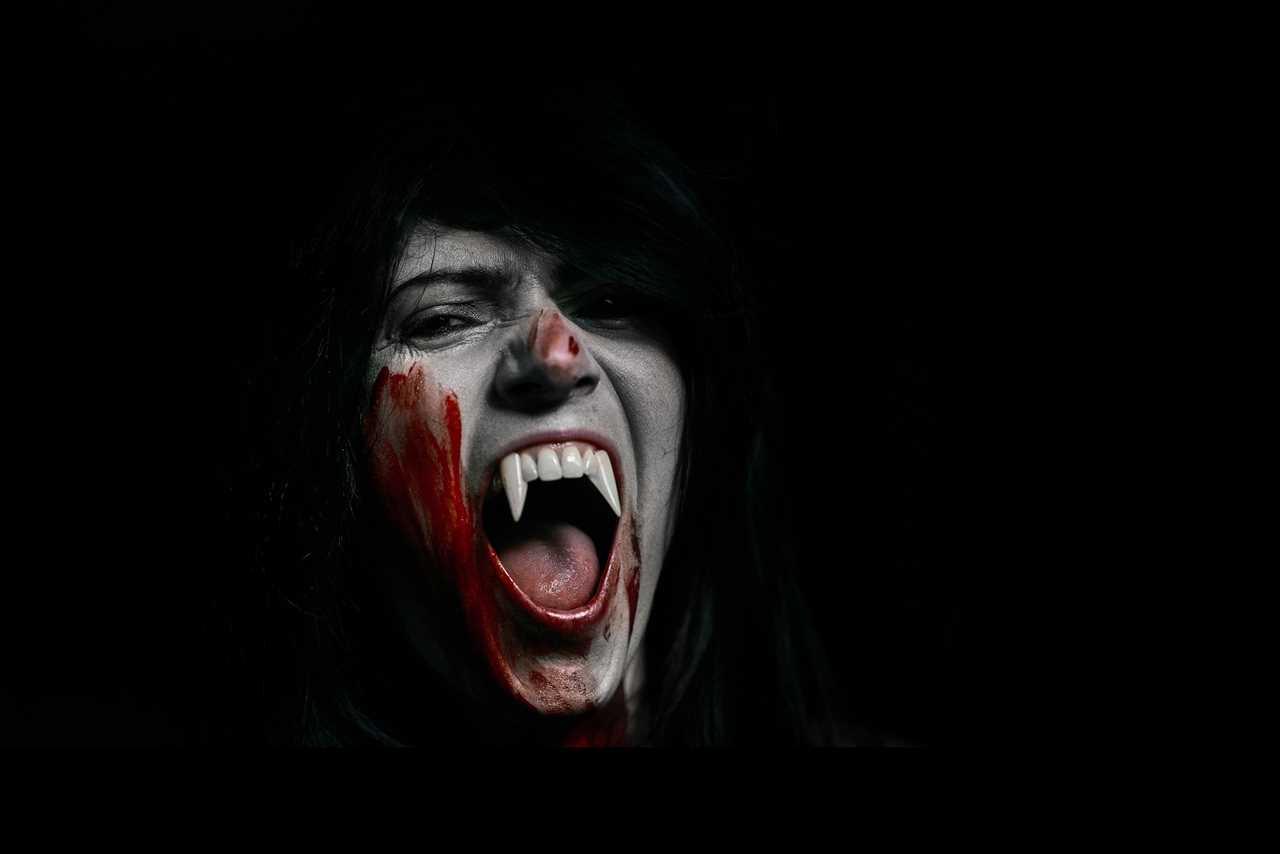
Vampires, immortal beings who feed on the blood of the living, are another popular trope in pop culture. These creatures often embody themes of sexuality, power, and the allure of eternal youth. Their seductive charm and supernatural abilities have made them captivating figures in literature, film, and television.
However, the historical origins of vampires are rooted in folklore and superstition, reflecting ancient fears of disease and the unknown. In many cultures, vampires were seen as demons or evil spirits that preyed on the living. While modern depictions of vampires have become more romanticized, they still retain a dark allure, reminding us of our own mortality and the eternal struggle between good and evil.
11. Day of the Dead: Celebration of Life or Macabre Ritual?
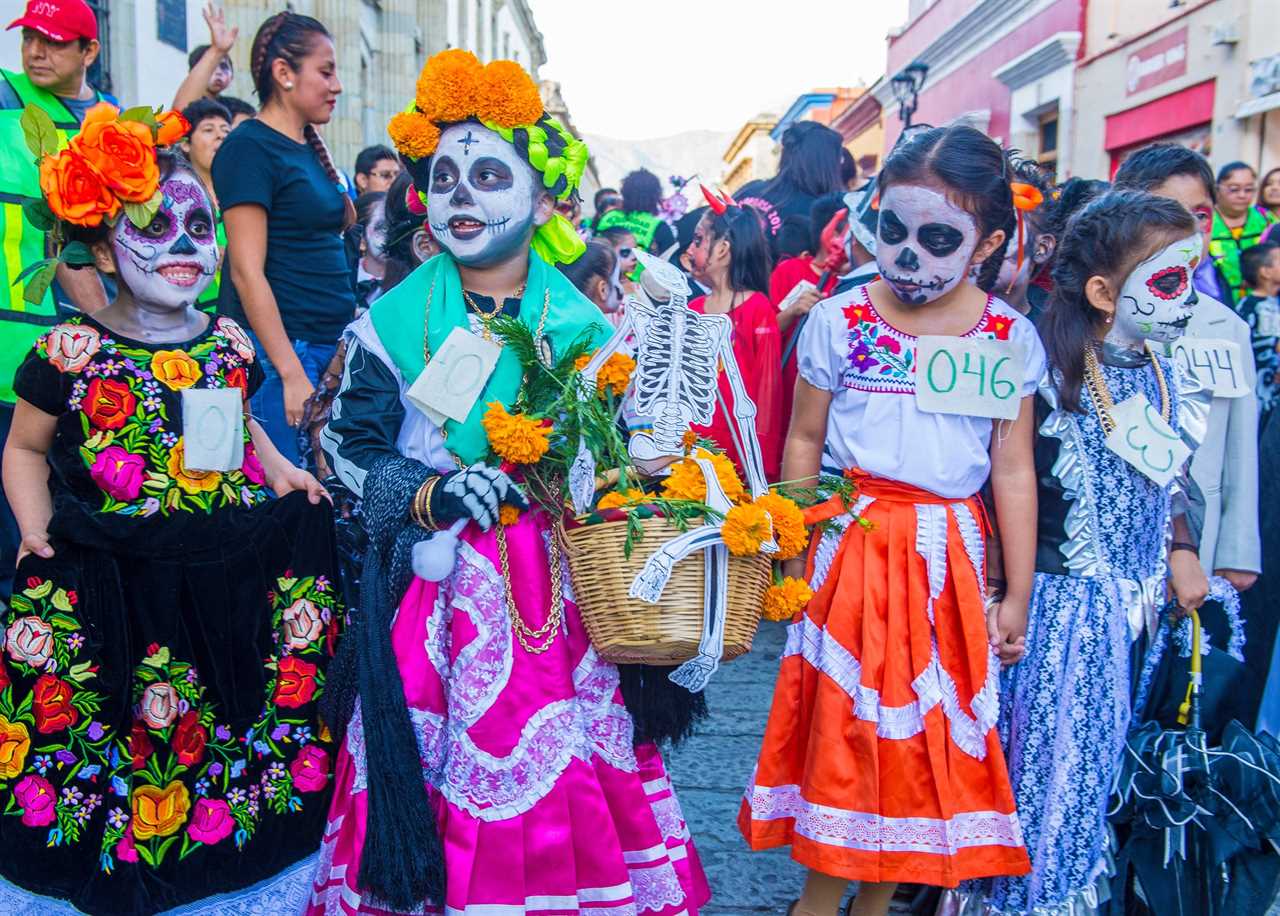
The Day of the Dead, a Mexican holiday celebrated on November 1st and 2nd, is often misunderstood as a morbid celebration of death. In reality, it is a vibrant and joyful occasion honoring deceased loved ones. Families gather to build colorful altars adorned with photos, flowers, and favorite foods of the departed.
The Day of the Dead is a time for remembering, storytelling, and celebrating the lives of those who have passed on. It is a reminder that death is not the end, but a continuation of the journey in another realm. This celebration of life in the face of death is a powerful testament to the human spirit and our ability to find joy and meaning in even the darkest of times.
12. Death as Taboo: A Subject to Avoid or Embrace?

In many societies, death is considered a taboo subject, something to be avoided or whispered about in hushed tones. This can lead to common misconceptions about dying and prevent open conversations about end-of-life care and bereavement. However, death is an inevitable part of life, and talking about it openly can help us prepare for the unknown and cope with loss in healthier ways.
Debunking death myths and encouraging honest discussions can help individuals and communities face mortality with greater courage, compassion, and understanding. By embracing death as a natural part of the human experience, we can find solace in the knowledge that our lives, though finite, are interconnected with the eternal cycle of life and death.
Unraveling the Enigma: A Deeper Understanding

By exploring and debunking death myths, we gain a deeper understanding of our own mortality and the diverse beliefs surrounding it. Myths about death in popular culture, while entertaining, can cloud our perception of this inevitable aspect of life. By seeking truth and embracing open dialogue, we can navigate the complex terrain of death with greater clarity, compassion, and acceptance.
What are your thoughts on these myths about death? Share your experiences and insights in the comments below!
|||-------------------------------------
By: Randell Suba
Title: 12 Famous Myths About Death in Popular Culture
Sourced From: www.dinksfinance.com/2024/06/12-famous-myths-about-death-in-popular-culture/
Published Date: Tue, 04 Jun 2024 10:15:06 +0000
Did you miss our previous article...
https://coachingbusinessowners.com/funding/15-subtle-mistakes-that-can-sabotage-your-promotion






